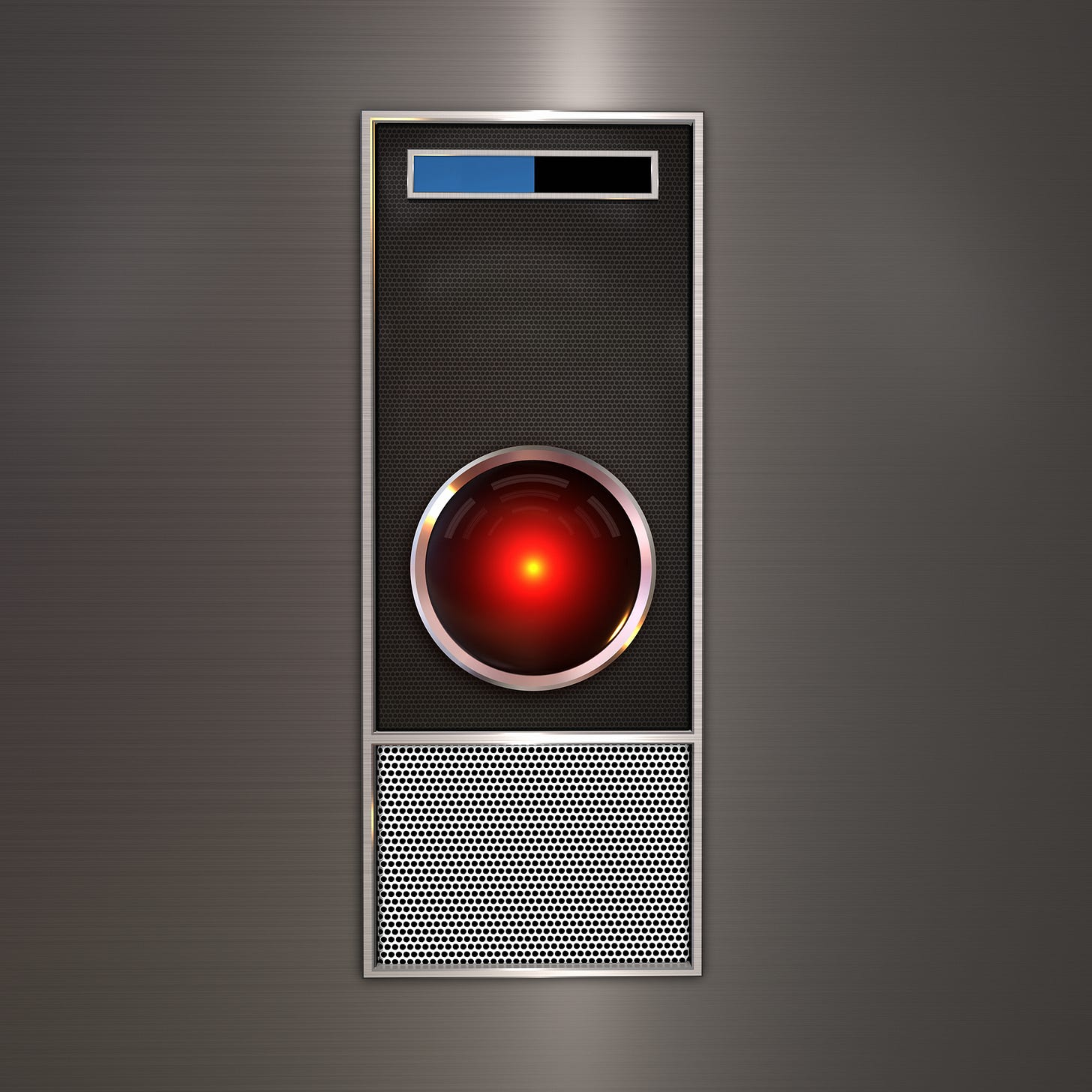Short Week: Think Cruise Control to Driver Assist to Driverless Cars, But for the Economy
people like it when computers do shit for them
This is the fifth post in (the first annual?) Short Week at freddiedeboer.substack.com. Since people constantly complain that my stuff is too long, this week all posts will be 500 words or less. We will return to our usual longwinded ways next week.
I’ve made this general prediction in comments and glancingly in longer posts, but let me make it independently here. I think the post-capitalist stage of the world will arrive thanks to gradually turning more and more aspects of the economy over to algorithms and AI. No revolution, no Skynet-inspired Judgement Day. Instead, someday people wake up and look around and realize that over the course of decades we developed an AI command economy, and we’re not really capitalists anymore.
Think about technology in cars. People have been making unfortunate predictions about driverless cars for decades. But while those claims about top-down control keep proving untrue, we’re seeing bottom-up tech that meets in the middle - ABS breaks, which pump them for you; steer-by-wire, which reduces the amount of wheel-turning for the driver; cruise control, which was once dumb but which is now “smart” in many cars, not just Teslas; lane-keeping assist; emergency breaking; and others. So while Tesla and other companies have worked on top-down control that truly removes the driver from the equation, pretty much all of the manufacturers have been meeting them in the middle by gradually taking on specific responsibilities for the driver. Eventually we’ll get truly driverless cars, although it may be much further in the future than assumed.
And that’s what I suspect will happen with the economy: more and more responsibilities will be taken over by algorithms and AI, so that when a superintelligent AI takes over the last elements it will appear to be seamless with what came before. And that’s really important, because as a student of socialist history I can tell you that revolutionary change is threatening to most people and leads to resistance and backlash. But right now, there are small-bore surrenders to technology that are nonetheless very consequential for the economy. Many people know that major investment firms have algorithms that are trading stocks many times a second. But there are myriad other ways AI now makes economic decisions.
Some people can’t follow me to what I think of as a logical evolution, which is that the engines that now force so many buying recommendations on us will someday actually just buy those things for us. People say that’ll never fly, but I’m not so sure. Fridges that automatically reorder food and similar already exist, and it’s not much of a stretch to imagine AI deciding, “her snowboots are three years old and winter is coming, time to buy a new pair” - and seeming normal for generations who grow up in a world of the next evolution of Amazon and Netflix.
One dynamic of this coming AI economy is that, though it will be a centrally-managed command economy in every meaningful way, many will still think of it as capitalist. Which’ll be a little annoying but again will help avoid fierce resistance. This future could be utopian or dystopian or anything in between, I don’t know. But it will be truly new.



I've kinda wondered if AI will turn out to be a bit of a bust. I like the self-driving cars example. Even if the perfect self-driving car came out tomorrow, it would still be worse than old-school mass transit. More emissions, less walkable cities, can't walk around and go to the bathroom like I can on a train and some larger busses.
I could see the same happening in other areas of our life. Maybe we have our "automated" purchases, but it's a clunky system that gets a lot wrong. Then we want to get the thing we actually want, we have to spend 3 hours on an "automated" phone line to get like a pound of potatoes or whatever.
We consider the current system a capitalist one because companies more or less try to maximize profits, individuals make fairly free decisions about purchases and employment, and the government to whatever degree stays out of all of those company and individual decisions. It's actually a mixed economy, but we can leave that aside for now. I don't see those fundamental characteristics changing much as a result of delegating more of the specific tasks, so I'm not sure why we wouldn't still call the overall system capitalist. We could consider employees as an analogy. When the owner of a firm delegates a decision to an employee, the intent remains more or less the same. Sure, there are some agency problems, but that's a side effect. I would overall expect decisions to remain fundamentally capitalistic in their goals and criteria even if they're made by an AI rather than an employee.
Perhaps we would see some emergent changes in the system once most decisions are made by AIs (e.g., more implicit collusion), but that seems purely speculative at this point.